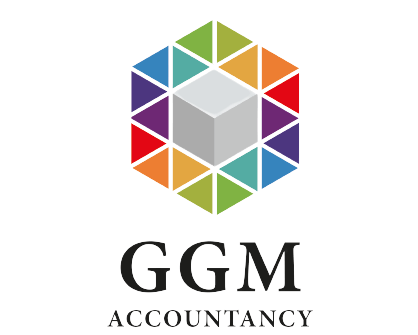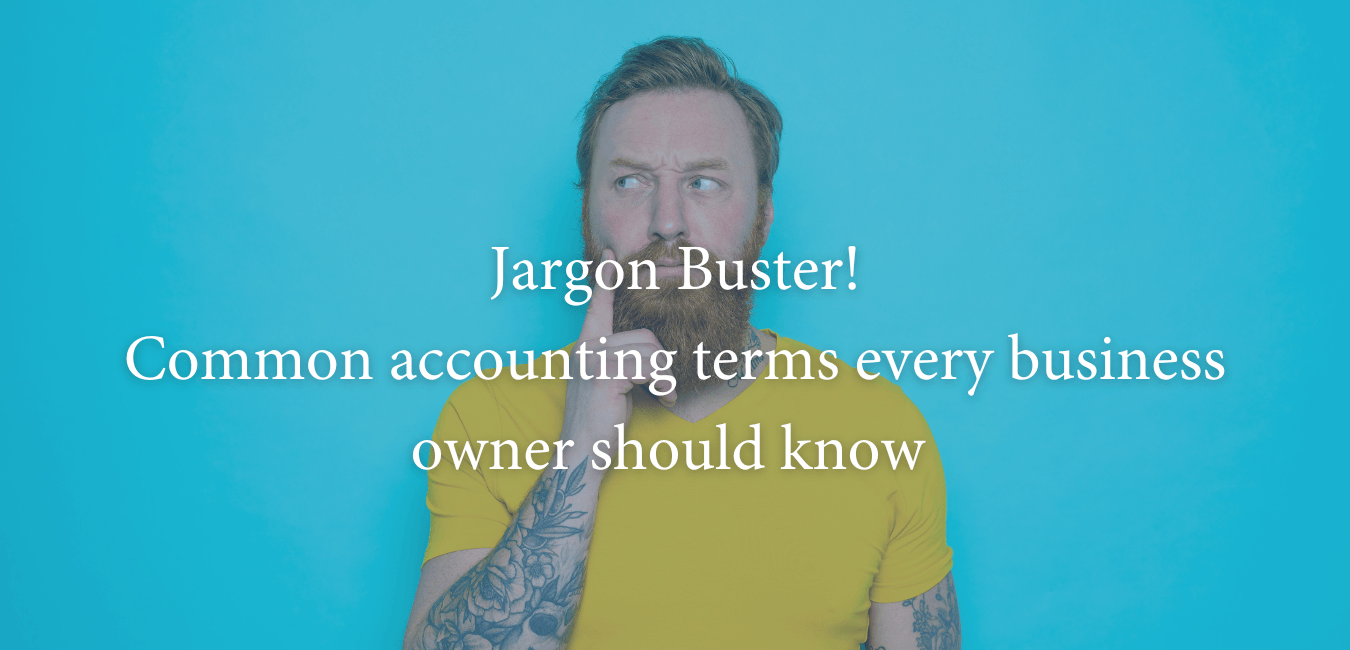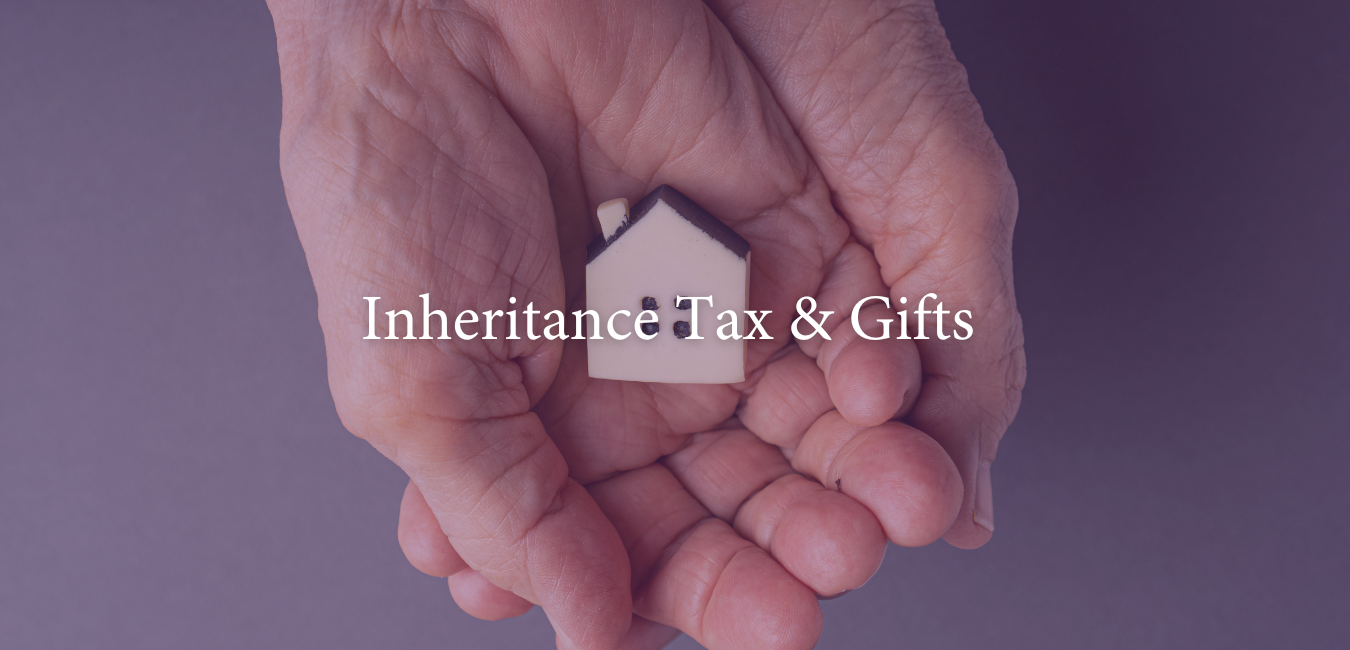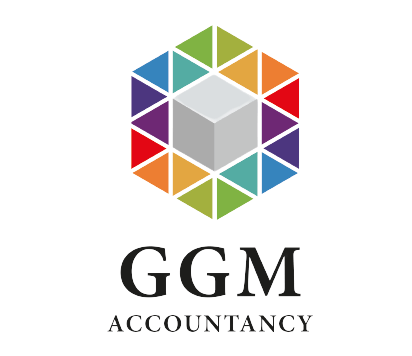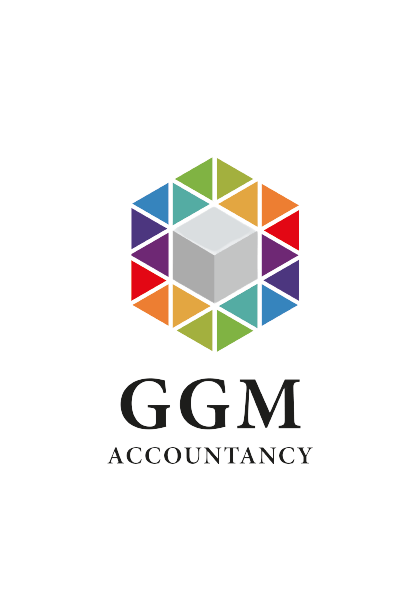Jargon Buster! Common accounting terms every business owner should know
We hold our hands up, accountants do seem to speak a different language sometimes. We understand that accountancy jargon and complicated terms can be difficult to get your head around, which is why we do our best to keep things as simple as possible for our clients.
Unfortunately, sometimes though it is unavoidable, and sometimes as a business owner understanding some simple accounting terminology can be very useful.
Here are a few of the common terms you might have heard, and what they really mean.
Accounts Payable
This is money owed by your company to suppliers for any products or services.
Accounts Receivable
This is money owed to your company for products or services.
Accrual
An expense incurred by your company that has not yet been recorded or accounted for yet.
Arrears
Money that is overdue to be paid.
Assets
Anything owned by the company that has a value and helps the company to operate. Cash, Machinery, Vans etc.
Auditors
Third party accountants who review an entity’s financial statements for accuracy and provide a statement to that effect.
Bad Debt
Overdue payments owed to your company that you are unlikely to get.
Balance Sheet
A summary of the company financial position. Including details such as capital, assets, liabilities and expenditure. It's a snapshot of the current business state.
Benefit in Kind
Non-cash items used to reward staff. They are given a notional cash value which you pay tax on. Examples include company cars and health/life assurance.
Bookkeeping
Recording of financial transactions both income and expenditure in an accounting system.
Book Value
As an asset is depreciated it reduces in value. Book value is the original value, minus and depreciation.
Budgeting
Budgeting involves maintaining a financial plan to control cash flow.
Capital Expenditure
Buying things expected to last more than 2 years (eg van or printer). This is different to revenue expenditure, which includes consumables (eg fuel or ink cartridges).
Capital Gain
Profit made on the sale of an asset acquired with the intention of it being used in the business rather than resold. Examples include profit on sale of office buildings, or the business itself.
Cash Flow
The total amount of money being transferred into and out of a business, especially as affecting liquidity.
Creditors
These are other companies or individuals who your business owes money to.
Closing Balance
The balance of your account at the end of the financial period.
Debtors
The opposite of creditors: an individual or company that owes your company money.
Deductible
Any authorised business expense is described as a deductible.
Depreciation
An asset depreciates in value over time and usage.
Director
Limited Companies must have at least one director, controlling the overall running of the company. In small companies there may only be 1 director who also owns all the shares. Bigger companies often have many directors, both executive (involved in the day to day running of the business) and non-executive (only attend occasional board meetings to provide their point of view).
Dividends
Shareholders of Limited Companies may be entitled to dividends. Dividends are taxed on the individual at a lower rate than a salary, but they are paid out of after (corporation) tax profits.
Dormant
Where a company has not traded at all during a year. There is therefore no profit and loss account, and the balance sheet at the beginning and end of the period is exactly the same.
Drawings
Money taken from the business by the business owners.
Expenses/Expenditure
Costs incurred by the business, excluding any fixed assets.
Equity
Represents the value of company ownership.
Factoring
Borrowing money from a factoring company based on invoices due. Your company will receive a percentage of the overall invoice. The company will take a fee circa 2.5% – 10%.
Financial Statement
A record containing the balance sheet and the income statement.
Fixed Asset
An asset that is expected to remain in the company for a long time. Eg a car or building.
Goodwill
The account for goodwill is located in the assets section of a company’s balance sheet. It is an intangible asset, as opposed to physical assets like buildings and equipment.
Gross Profit
Total revenue minus cost of sales.
Income
Money coming into the business from the sale of your goods or services.
Job Costing
System of tracking costs associated with a job or project (labour, equipment, etc) and comparing with forecasted costs.
Interim Reports
Financial statements compiled before the financial year-end. A good way to get a snapshot of the current business financial condition.
Liabilities
This is a debt owed by your business to another business. Eg A Credit card or loan
Limited Company
A separate legal entity to its owners. Many businesses choose to operate via a Limited Company either for the limited liability, or for tax reasons.
Liquid Asset
An asset is said to be liquid if it is easy to sell or convert into cash without any loss in its value. Definition: An asset is said to be liquid if it is easy to sell or convert into cash without any loss in its value. By definition, bank notes and checking accounts are the most liquid assets.
Ledger
Books containing records of your financial accounts. General, accounts receivable and accounts payable.
Margin
The percentage of your product or services selling price that will be your profit. Expressed as a percentage.
Markup
Increasing the cost of an item before it is sold on. Eg: Buy a chair for £20 and sell it for £35, the markup would be £15.
Net Profit
Gross profit minus your business expenses.
Overheads
Any continual business costs that help the company run. Eg: Office rent, payroll, utility bills etc.
Profit and Loss Account
The day to day record of income and expenses incurred by your business during the financial year.
Profit
Gross income minus expenses.
Payroll
a list of employees and their wages.
PAYE
Pay As You Earn. Tax is deducted from employees by the employer and paid to HMRC.
Reconciliation
Comparing and matching two records to ensure they align. Eg: Bank account with accounting software like Xero
Registered Office
A company’s address that Companies House send official documents to. You should typically either choose your main place of work, or your accountant/solicitor’s office.
Revenue
Total income before expenses, gross income.
Self Assessment Tax Return
Or personal tax return. You need to fill in one of these if you are self employed, have other complex income (eg buy to let properties), or HMRC simply request you to do so.
Shareholder Equity
The capital and retained earnings in an entity attributed to the shareholders.
Statement of Accounts
A summary of amounts owed to a vendor, lender.
Year-End
This is the end of your financial year. Used to calculate many of the important business numbers. Eg: Turnover, Profit, Tax etc
Hopefully, you’ve learnt a word or two you didn’t know before. But if that all seems far too confusing, just call our office, and let us deal with everything, Jargon Free!
Menu
Get In Touch
Tel: 01733 247500
Email: admin@ggmaccountancy.co.uk
Office: Unit 12, Broadway Shopping Centre
Malting Square, Yaxley, Peterborough
PE7 3JJ
Sign Up To Our Newsletter
Contact Us
We will get back to you as soon as possible
Please try again later
Proud Partners Of
Menu
Get In Touch
Tel: 01733 247500
Email: admin@ggmaccountancy.co.uk
Office: 42 Tyndall Court, Commerce Road
Lynch Wood, Peterborough, PE2 6LR
Follow Us On Social Media
Sign Up To Our Newsletter
Contact Us
We will get back to you as soon as possible
Please try again later
All Rights Reserved | GGM Accountancy Ltd | Website designed by Onelink Media
